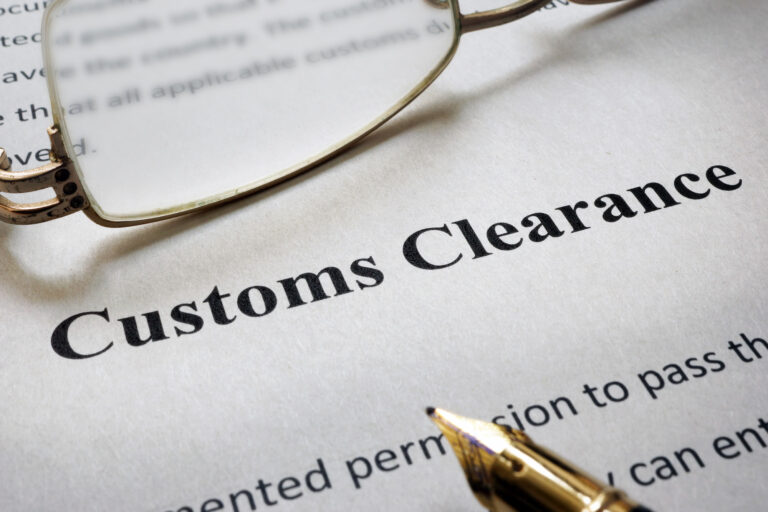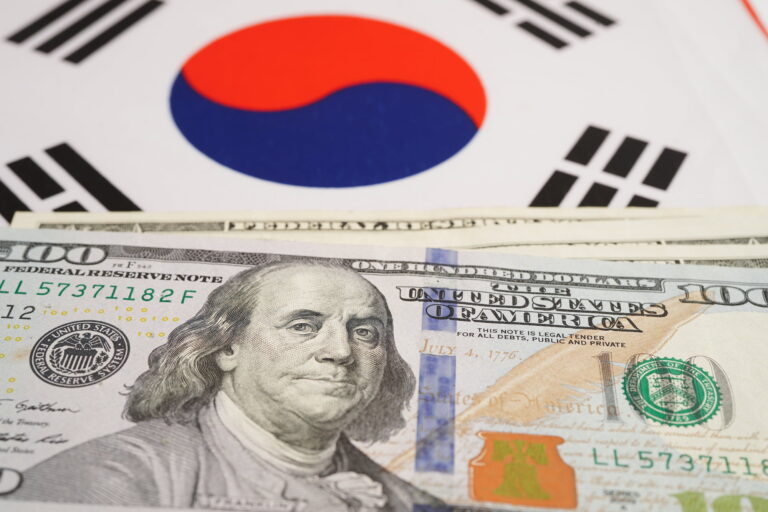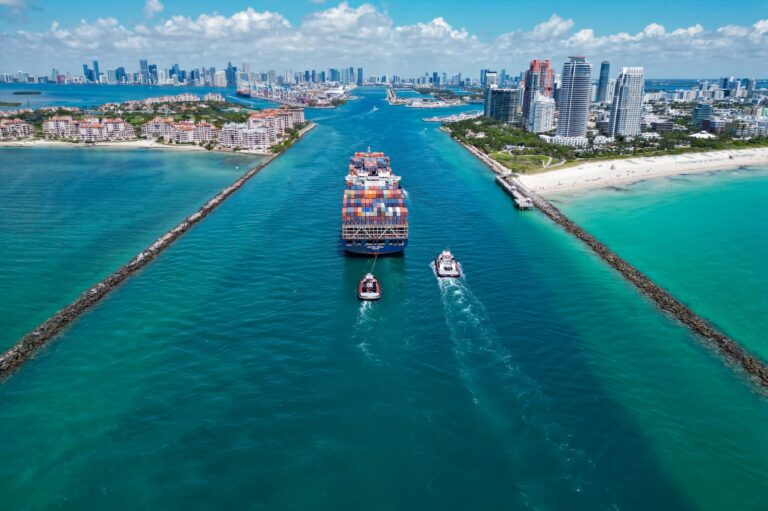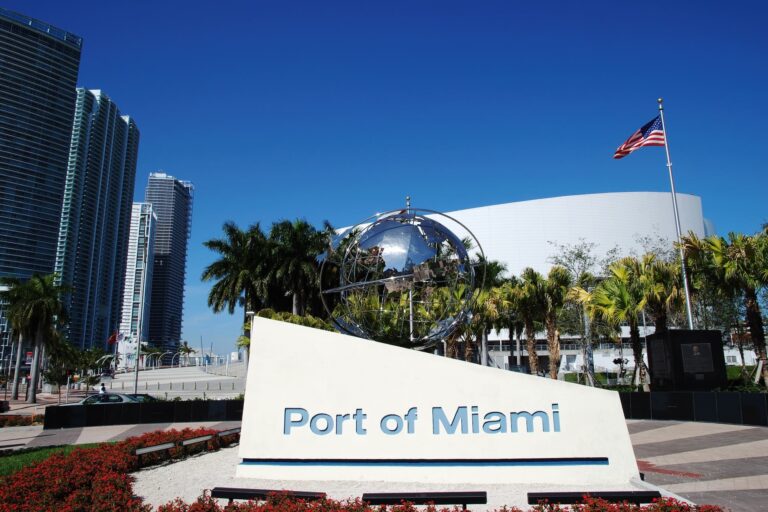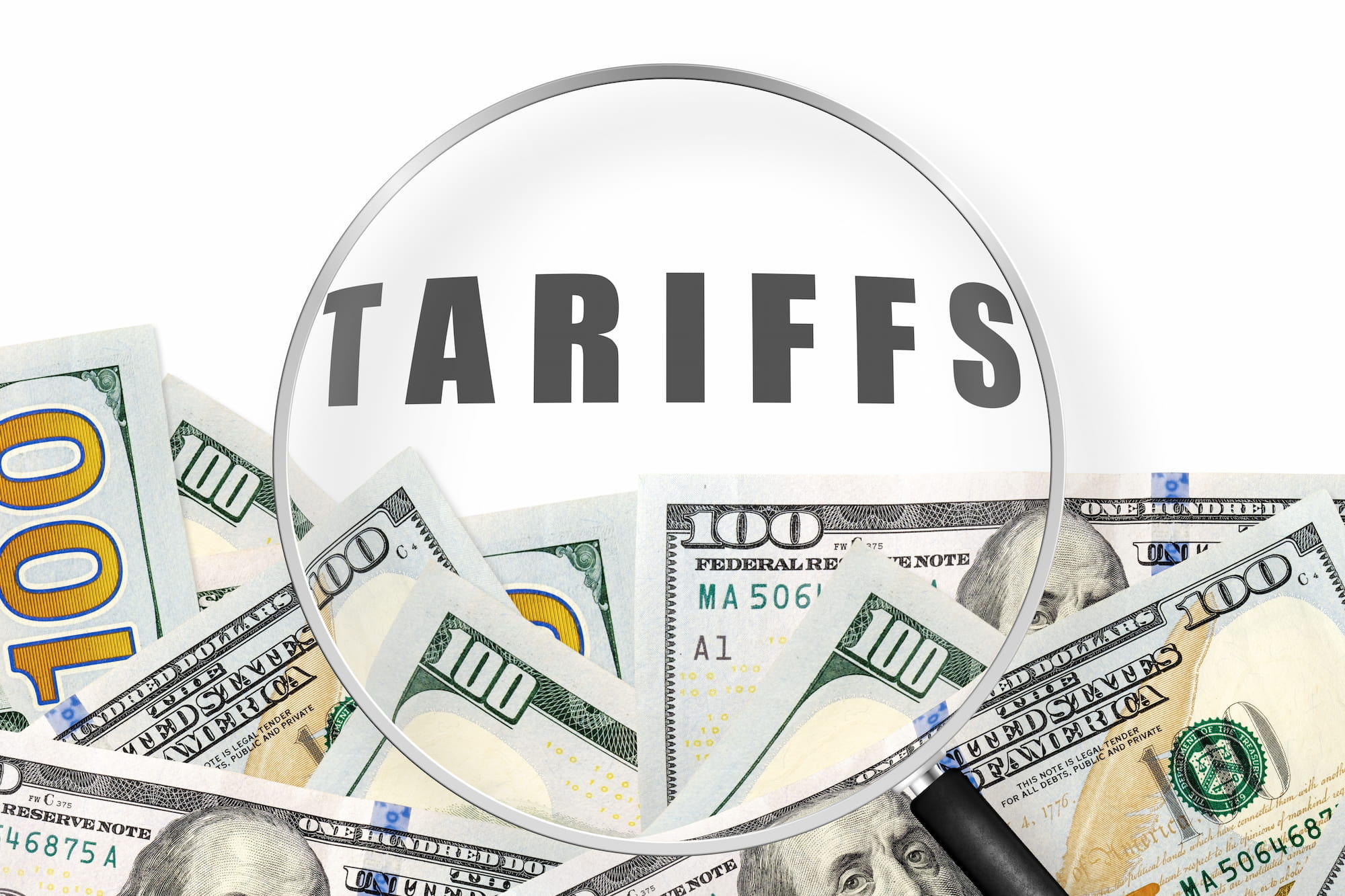
Court ruling on IEEPA tariffs and its impact on international trade
While less talked about than large corporations importing into the US, shippers have seen the IEEPA tariffs impact small importers. Smaller and mid-sized importers like mom-and-pop stores have suffered significantly from President Trump’s IEEPA taxes. Earlier this year, Trump used the IEEPA (International Emergency Economic Powers Act) to impose reciprocal levies for most US importers. After an appeals court ruled the levies Illegal, the Supreme Court agreed to hear the case on an expedited schedule. With the case going to the Supreme Court next month, smaller importers have a high level of uncertainty. This article will explain the potential impact on smaller importers and how to protect their cargo during this time.
How Are The IEEPA Tariffs Impacting Small Importers?
The impact of Trump’s IEEPA tariffs on small to mid-sized importers may depend on the Supreme Court’s final ruling. Shippers could be eligible for a refund if the court decides the tariffs are illegal. However, many would not qualify for a refund because they:
- Didn’t file a protest within 180 days of liquidation.
- Had no visibility into when CBP finalized entry liquidation.
- Lacked legal counsel or customs guidance.
A primary argument from the appeals court is that the president is unlawfully using the IEEPA to impose tariffs. The belief is that although Trump can allow tariffs during an emergency, he cannot impose them without definite congressional approval.
The Supreme Court’s ruling could decide whether smaller importers are eligible for refunds and whether they can survive. If the court rules in Trump’s favor, the cost of importing could continue to rise. The presidential powers may also expand, meaning that Trump may be able to impose more tariffs, further raising costs. For a smaller importer, a 25% tax increase can tighten margins and increase fees to the point of disruption. Unlike smaller shippers, larger multinational corporations tend to have enough capital reserve to absorb fluctuating tariffs. Countries affected by the tariffs could respond by imposing retaliatory levies, which can further impact the shipper.
What Steps Can The Smaller Importers Take To Protect Their Cargo?
Due to the impact of the IEEPA tariffs on smaller importers, the shipper must prepare beforehand. Shippers should plan for worst-case scenarios regardless of the final ruling to navigate the uncertainty. If the tariffs are invalidated, they should work with a broker to file a protest on time to get refunded. If Trump’s tariffs stay, the smaller-sized shipper may have to adjust pricing or diversify sourcing. This could include shipping from a country less impacted by Trump’s taxes or, if possible, bringing manufacturing back to the US and shipping the cargo domestically. Importing in bulk can also assist in lessening importation costs.
Situations like tariffs can disrupt the supply chain process when importing into the US. While they should not stop cargo flow, shippers should take precautions to prevent disruptions. An ideal way to start is by contacting a customs broker. Brokers are licensed individuals or corporations who arrange the customs clearance process on behalf of the importer. They do this by ensuring that the shipment follows the laws and regulations of the country of import. In the US, they ensure compliance with the Customs and Border Protection (CBP). Brokers also provide other services like documentation, calculating duties, filing ISFs, etc. Contact A1 Worldwide Logistics at info@a1wwl.com or 305-425-9456 to speak to our brokers and discuss a successful importation with our broker.
